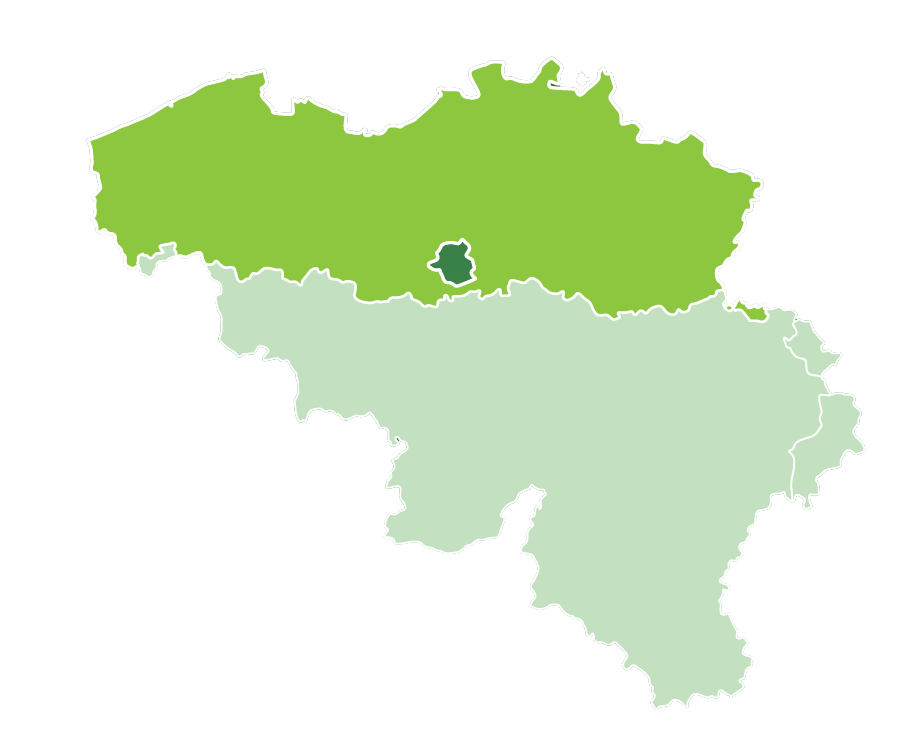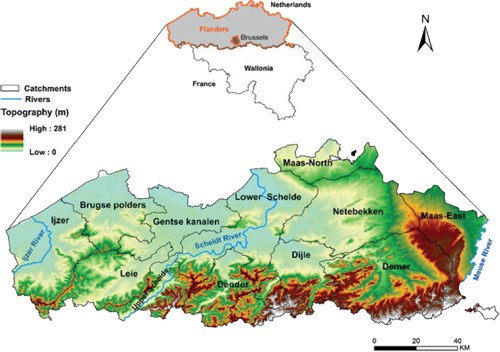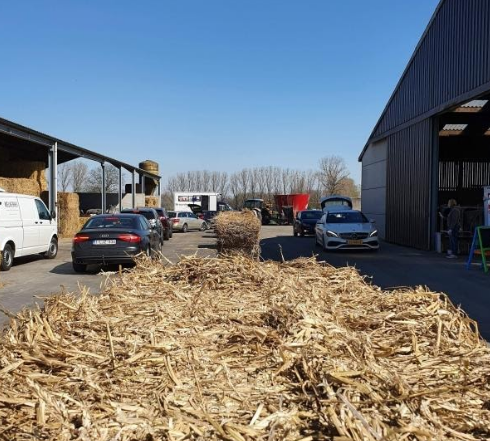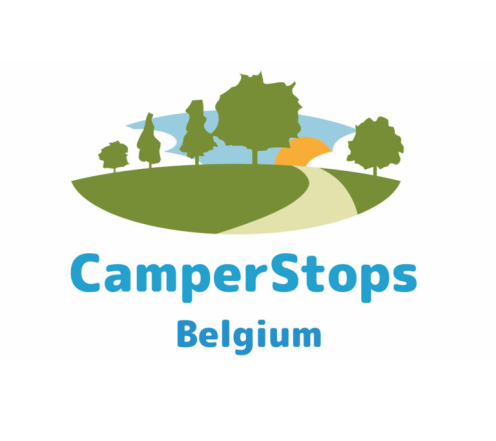| PILLAR | STRENGTHS | WEAKNESSES | OPPORTUNITIES | THREATS |
| 1. Availability of public and other services | S1.01 Public services are available in rural areas or in nearby areas | W1.01 Public transport is not frequent in most rural areas | O1.01 Improvement of public transport availability | T1.01 Transport problem: traffic diversion due to general traffic jam problem in Flanders |
| S1.02 Internet and telecommunication is widely available in Flanders | W1.02 Compared to urban areas less demand for public and other service | O1.02 Increase availability of other transportation types as for example car sharing | T1.02 Closure of train stations and train station counters in rural areas |
| 2. Recreation / social activities | S2.01 Compared to urban areas in Flanders there are more green open areas in rural areas of Flanders | W2.01 Due to less demand compared to urban areas less variety in recreation/social activities | O2.01 Further development of recreation activities can boost tourism in rural areas | T2.01 Conflicts between different types of recreation (e.g. hikers and cyclist) |
| S2.02 In general: well developed network of bicycle/hiking routes | W2.02 Certain types of recreation require specific infrastructure which is not possible in rural areas due to environmental constraints (e.g. paved paths) | O2.02 Improvement of connectivity between rural and other areas will further increase recreation in rural areas | T2.02 Too many people from urban areas who come to rural area for recreation |
| 3. Living condition, quality of life and standard of living | S3.01 availability/price of houses with gardens in green area | W3.01 Housing for elderly people (e.g. retirement homes) are often not located in rural areas, also low availability of social housing | O3.01 demand for specific housing types that are present in rural areas e.g. homesteads | T3.01 Possible conflict between agriculture and inhabitants (e.g. odour nuisance) |
| S3.02 In general standard of living in rural areas is comparable to standard of living in urban areas | W3.02 poverty in rural areas | O3.02 people who want to live in green areas | T3.02 If too many people come live in rural areas the rural character might disappear, also change in housing type (e.g. more apartments) |
| 4. Demographic & human capital | S4.01 Social control in rural areas | W4.01 Less working people (because more elderly people) | O4.01 Newcomers in rural areas | T4.01 Increase of number of elderly people in rural areas |
| S4.02 Less crime in rural areas | W4.02 Less diverse population (e.g. skills) | O4.02 Social and cultural diversification of population | T4.02 Less youth in rural areas |
| 5. Business, economy & innovation | S5.01 besides agriculture there are also other economic activities in rural areas | W5.01 competition between similar businesses (e.g. two bakeries in one town) | O5.01 rural tourism development | T5.01 presence of economic activities other than agriculture can disturb the rural character |
| S5.02 Wide range of measures to support agriculture industry/farmers | W5.02 distance of rural area to other industrial sites | O5.02 trainings of new and innovative techniques in the agriculture sector | T5.02 aging of farmers, no successor |
| 6. Social and cultural aspects of rural areas | S6.01 social control in rural areas | W6.01 smaller communities compared to urban areas of Flanders | O6.01 newcomers | T6.01 loneliness of elderly people |
| S6.02 social cohesion in rural areas | W6.02 less diverse cultural landscape (e.g. theatre, dance performances etc.) | O6.02 interest of people in heritage and patrimony of rural areas, rural landscape as cultural heritage (e.g. small landscape elements) | T6.02 poverty in rural areas |
| 7. Environment & Biodiversity | S7.01 Large open green areas in rural Flanders | W7.01 rural landscape is highly fragmentated | O7.01 availability of open space | T7.01 conflict between agriculture and nature sector |
| S7.02 People living in rural areas highly value the rural landscape/environment | W7.02 environmental issues related to agricultural practices | O7.02 encourage more farmers to take environment measures | T7.02 changing climate (e.g. in past two years severe droughts which impacted the agricultural sector in Flanders) |




